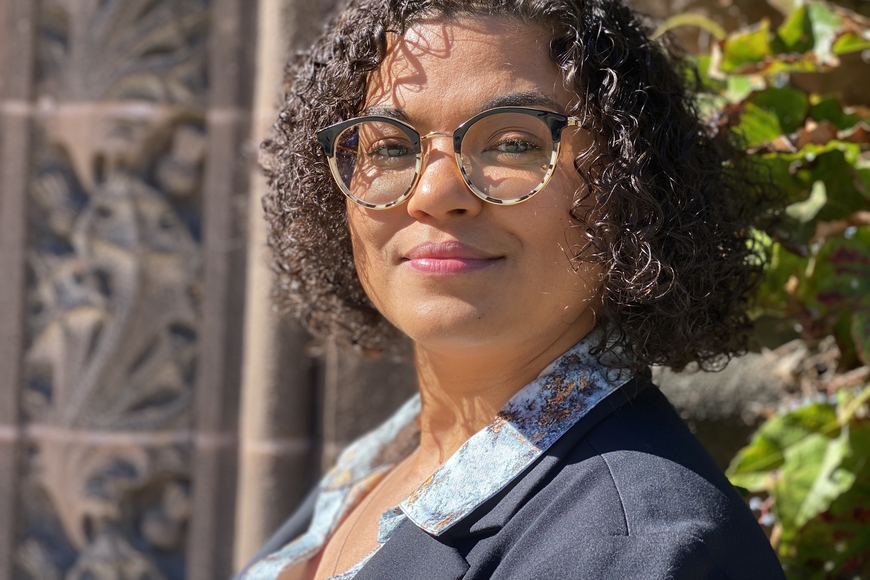Serving the Other: “Healthy Food” as a Racial Project
301 19th Avenue South
Minneapolis,
MN
55455
Please join the University of Minnesota Anthropology Department in the Hubert H. Humphrey Center, room 25 on Friday, February 23rd from 3:00-4:30 pm for a book talk by Dr. Hanna Garth (Princeton University) titled, Serving the Other: “Healthy Food” as a Racial Project.
Hanna Garth is a sociocultural and medical anthropologist whose scholarship is broadly focused on the ways in which marginalized communities struggle to overcome structural inequalities and prejudice as they attempt to access basic needs. Garth studies these questions in Latin America and the Caribbean, and among Black and Latinx communities in the United States. She has focused on the ways in which the global industrial food system affects food access inequalities. Her first book, Food in Cuba: The Pursuit of a Decent Meal (Stanford University Press, 2020), is based on ethnographic research in Santiago de Cuba, the island's second largest city. Her research reveals the ways that even food distribution systems, which ostensibly supply sufficient nutritional needs, can also have detrimental effects on individual and community wellbeing. She received her PhD in Anthropology from UCLA, and an MPH from Boston University.
[modified from https://aas.princeton.edu/people/hanna-garth]
Dr. Hanna Garth, Princeton University
Abstract: One of the central goals of the food justice movement is to increase access to and consumption of healthy food in low-income urban areas known as “food deserts.” Activists understand residents in these areas as unable to access healthy food at relatively limited numbers of full-service grocery stores, instead turning to fast food, corner stores and liquor stores for food access. While the mobilization of food justice projects is centered on the concept of “healthy food,” neither “healthy” nor “food” are explicitly defined. Based on ethnographic research conducted in South Central Los Angeles from 2009 to 2020, this talk illuminates how the concept of “healthy food” is loaded with assumptions about the ways different racialized populations eat, and operates as a racial signifier indexing whiteness and in opposition to Black and Latinx ways of eating. Building on this data, the talk analyzes conflicting forms of knowledge and everyday practices regarding what is healthy and good for the body.
